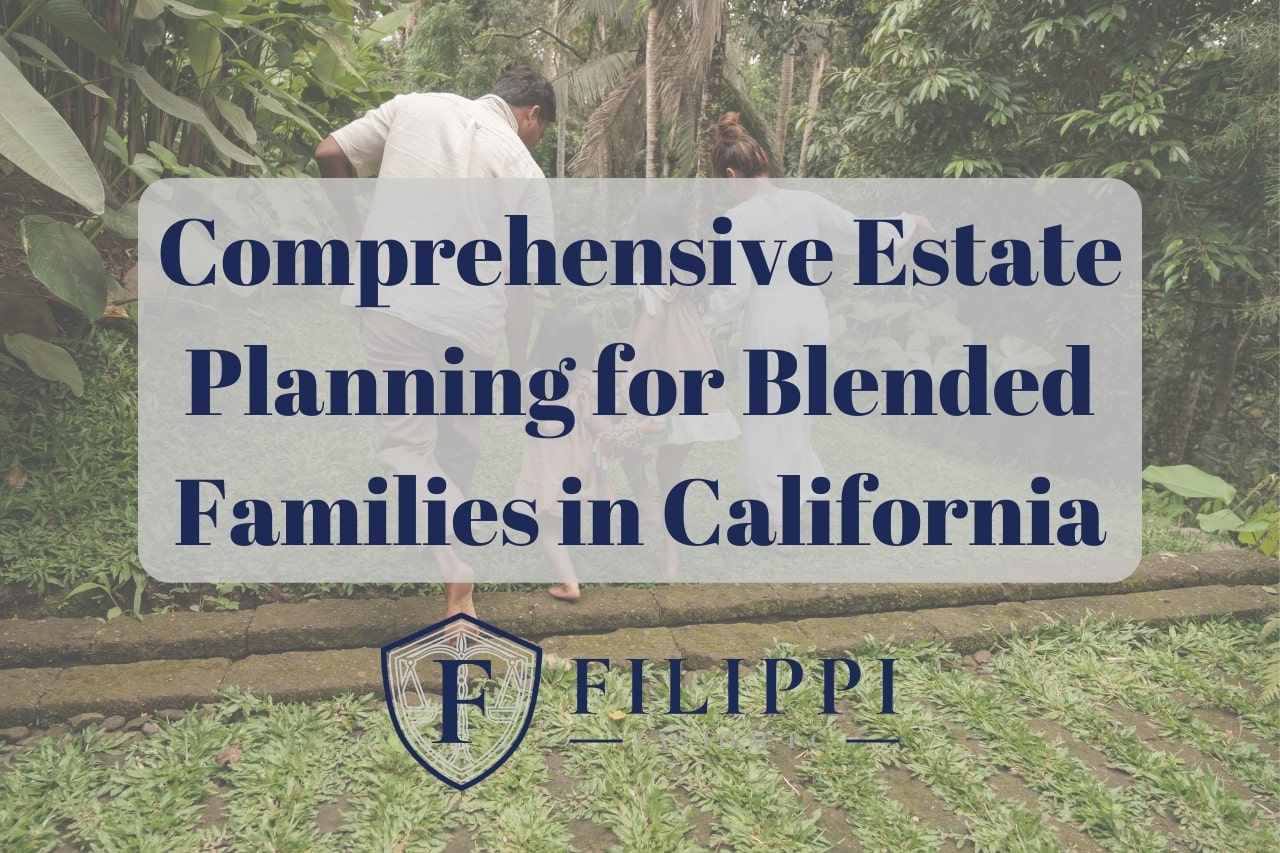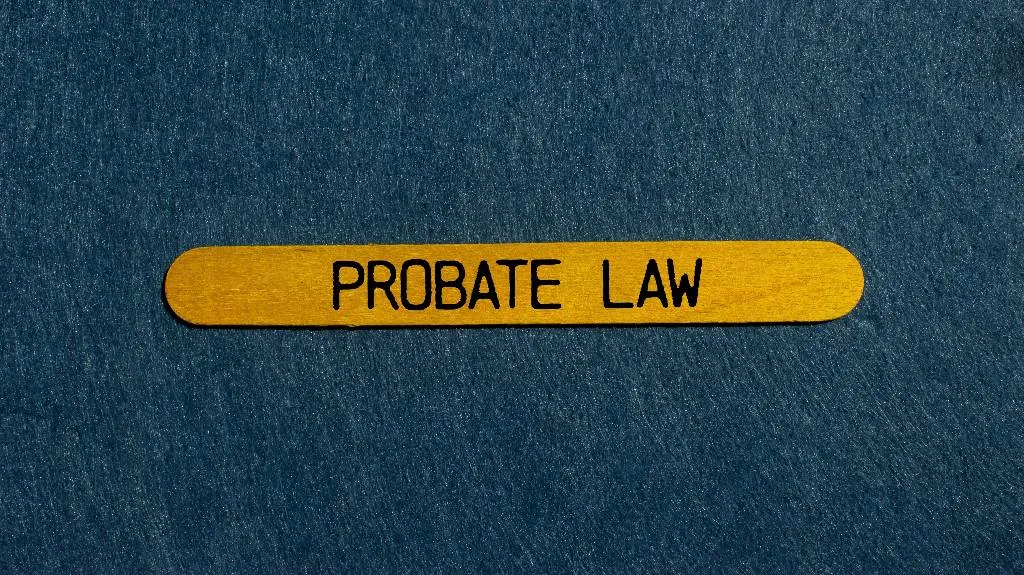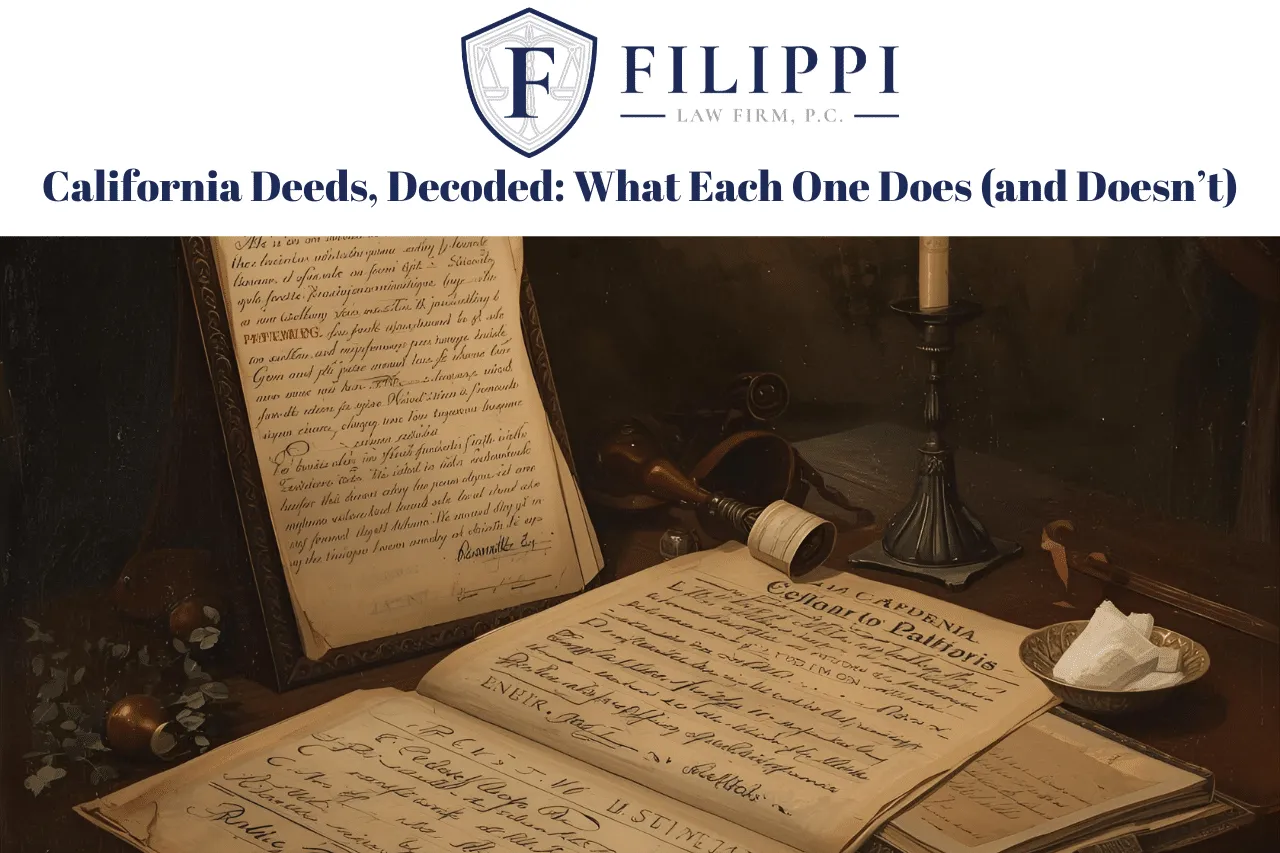Blended families are becoming more prevalent in a world of contemporary family dynamics. Because of its distinct legal system, California offers special opportunities as well as obstacles for estate planning in these kinds of family structures. This blog post aims to emphasize the significance of thorough estate planning for blended families in California. By doing so, you can make sure that your assets are distributed in accordance with your wishes and that your loved ones are sufficiently protected. You can also prevent a surviving spouse from purposefully or inadvertently losing stepchildren to their estate.
Typically, a blended family consists of married couples who bring their former partnerships’ children into their new one. Because of this dynamic, estate planning may present special difficulties because children from past and present relationships may have distinct goals that need to be taken into account.
Get a Free Consultation Today
The Importance of Separate Assets in Blended Families
It’s typical for spouses in blended families to bring separate property or assets into the union. These could include personal belongings, investments, real estate, savings accounts, and company interests. Making the distinction between separate and community property is essential for estate planning in the community property state of California.
- Defining Separate Property
Separate property is any property acquired prior to marriage and any property received during marriage that are gifts or inheritances. To make sure these assets are disbursed in accordance with your preferences, it is crucial to properly identify and record them. Additionally, separate property can be recharacterized as jointly owned community property by agreement with your spouse, or by your actions, such as commingling the separate property with your community property.
- Impact on Estate Planning
Inadequate documentation and preparation may allow separate property to become entangled with communal property, making it more difficult to distribute following your death. This is especially crucial for blended families, since you may want to make sure that your children from a previous relationship inherit specific assets.
- Strategies for Protection
Instruments like postnuptial and prenuptial agreements, as well as specific estate planning clauses found in trusts, can help protect particular assets. With the use of trusts, you can allocate certain assets to beneficiaries, such as your children from previous partnerships, with great effectiveness.
Why Estate Planning is Important for Blended Families in California
- Protecting the entire family
In the absence of a clear estate plan, your assets will be disbursed in accordance with California’s intestate succession laws, which might not be in line with your desires for your current spouse and any children from past marriages.
- Preventing conflict
A well-organized estate plan can guarantee that your desires are expressed clearly and are enforceable by law, helping to avert possible conflicts between family members.
- Preventing Disinheritance and maintaining fairness
You can strike a balance between your current spouse’s needs and your children from past marriages by using effective estate planning. Careful planning is necessary to prevent a situation where a surviving spouse might unintentionally, or purposefully, disinherit stepchildren; this risk is particularly important in mixed-family households.
- Guardianship Matters to Consider
It’s important for people with young children to name guardians in case of an unexpected death; this is a decision that may be more difficult in blended families.
Important Strategies for Estate Planning
- Trusts and Wills
Having clarity and control over the distribution of your assets can be obtained by creating or revising your will and trust. When it comes to supporting your spouse, protecting your children’s inheritance, and preventing stepchildren from being disinherited, trusts can be extremely helpful.
- Prenuptial or postnuptial agreements
These can be especially helpful in blended families since they make it clear what happens to your assets in the event of a divorce or death.
- Policies for Life Insurance
These can guarantee that the family’s needs are met for every member. Policies that particularly address commitments to former partners or children may be something to think about.
- Constant Reviews and Updates
Your estate plan should evolve as your life does. Reviews should be done on a regular basis, particularly following significant life events like getting married again, having more children, or a significant change in assets.
In California, estate planning for blended families calls for considerable thought and, often, a personalized strategy. It’s important to safeguard your loved ones and your relationships, in addition to your possessions. It can really make a difference to speak with an attorney who is knowledgeable about blended families and California’s estate planning laws. Create your estate plan now for peace of mind.
Filippi Law Firm, P.C., provides legal services in estate planning, probate, trust administration, and trust litigation in the greater Sacramento area and Placer County, with a focus in Rocklin, Roseville, Lincoln, and Granite Bay. Give us a call at (916) 333-7910 or fill out the contact form to get in touch with our office. Consultations are free, and they can be done over the phone, via Zoom, or in person at our office in Rocklin.




